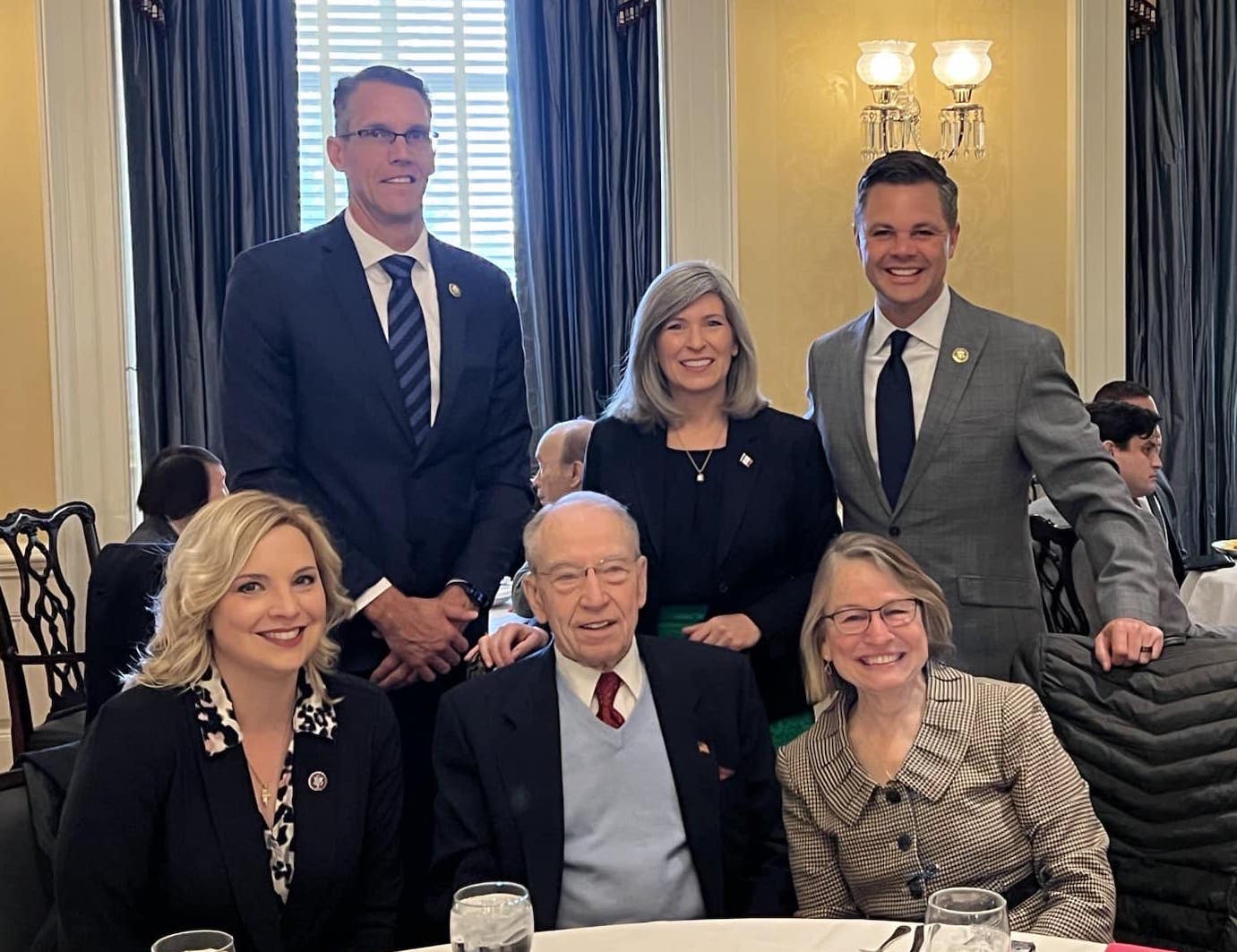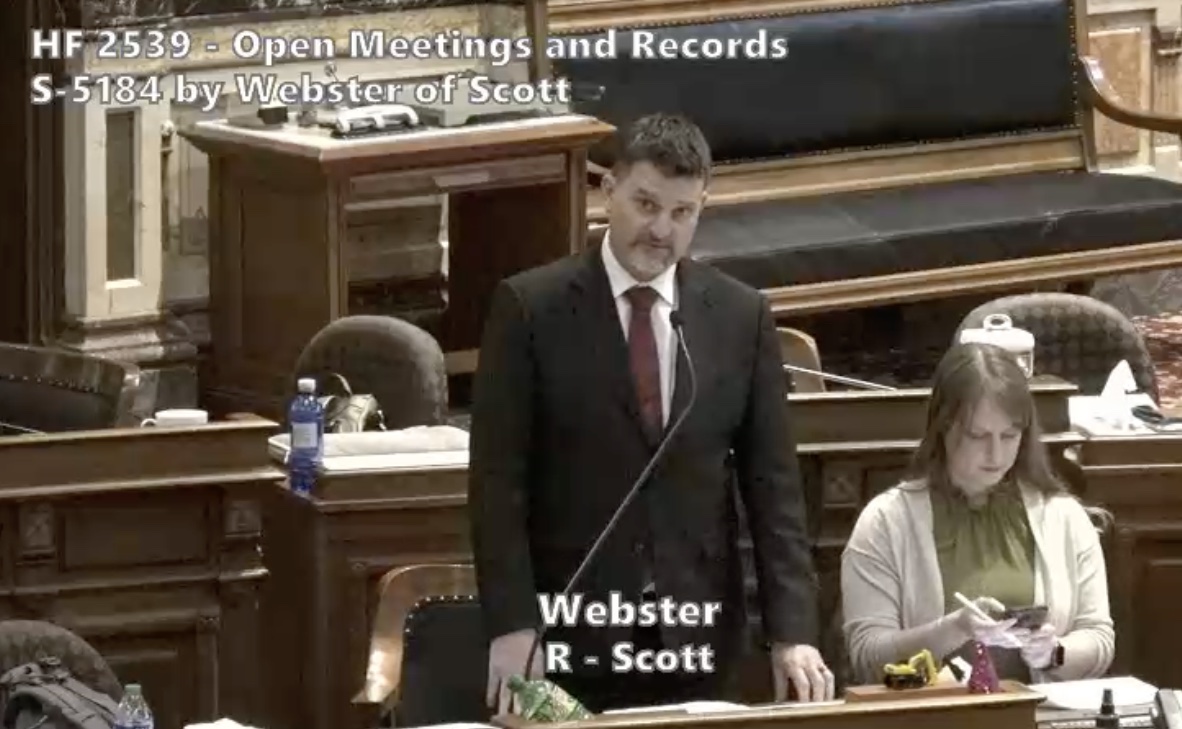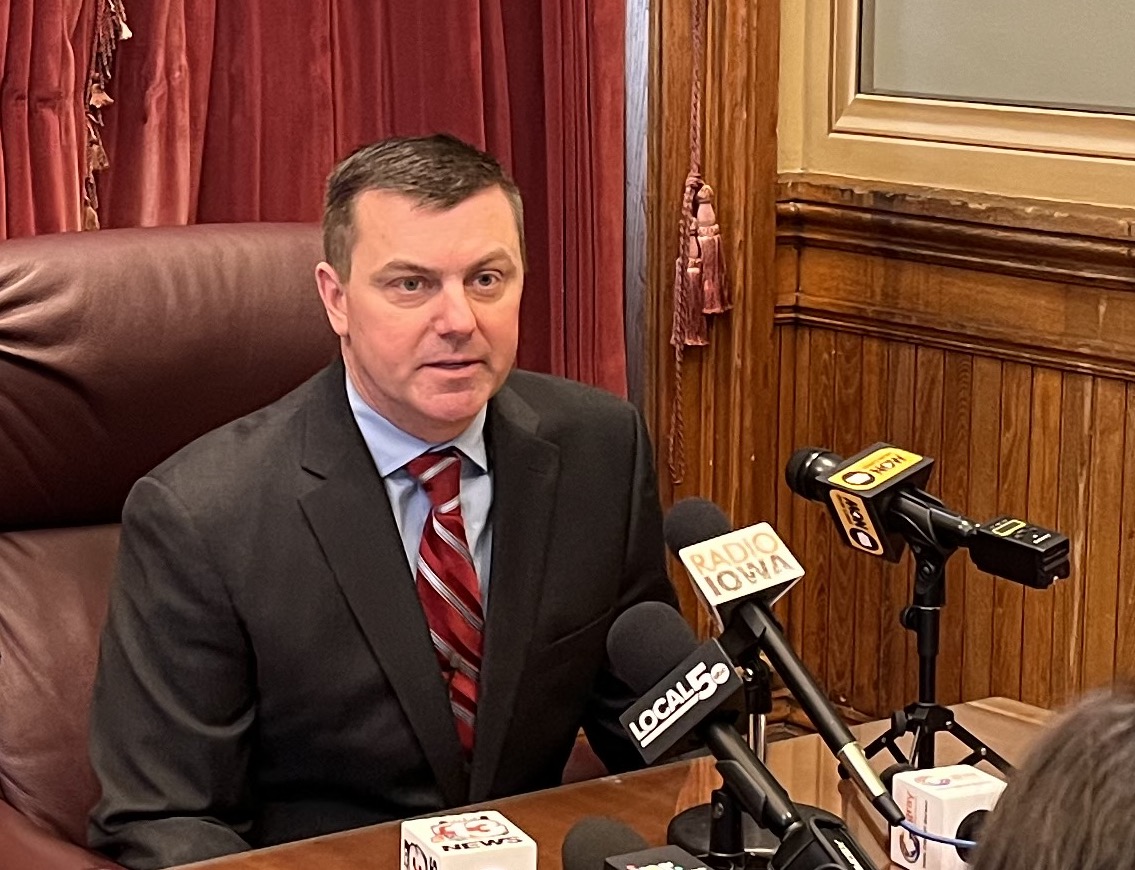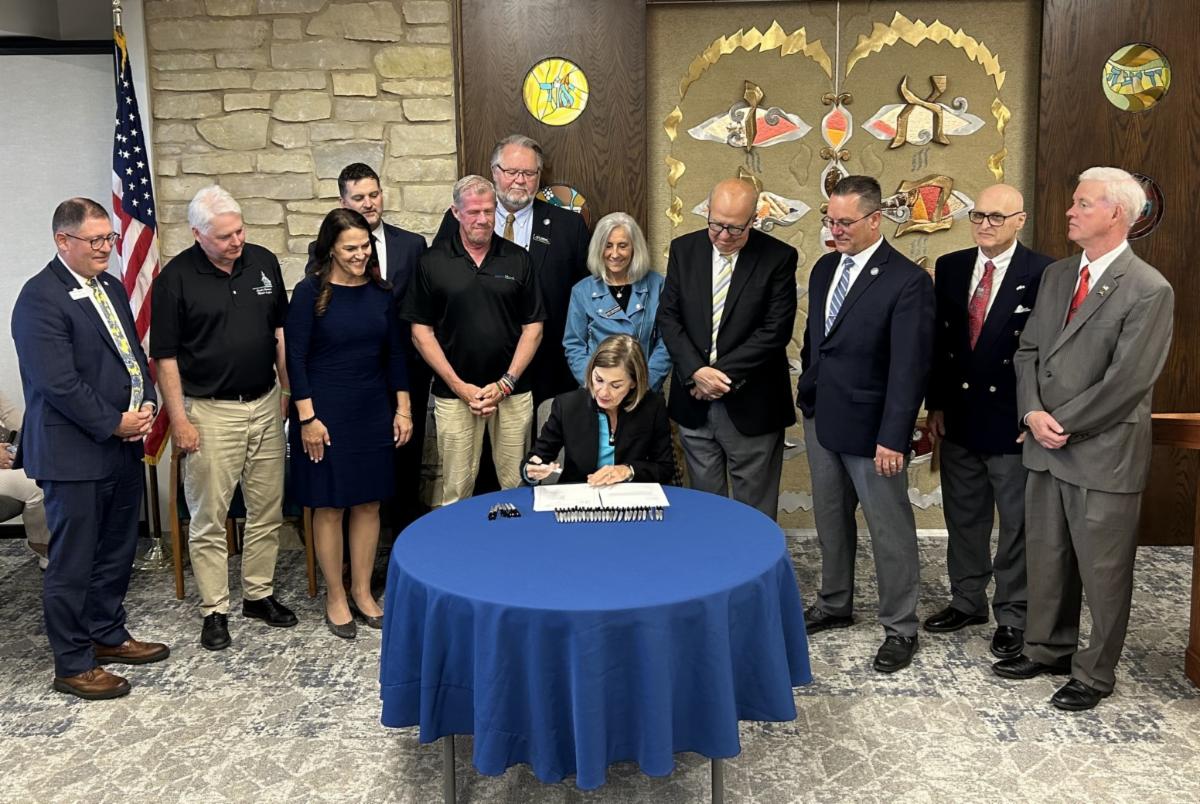Jim Chrisinger is a retired public servant living in Ankeny. He served in both Republican and Democratic administrations, in Iowa and elsewhere.
Character once counted in Iowa Republican politics. We could take pride in Governor Bob Ray, U.S. Representative Jim Leach, and the early U.S. Senator Chuck Grassley. They led with integrity. They willingly crossed the aisle to achieve bipartisan goals. They served as role models for our children, standing up for democracy, truth, and accountability. Our state enjoyed a reputation in public administration circles as a “good government” jurisdiction.
Donald Trump has upended all this. He is the antithesis of character. He’s the skunk at the church picnic. He lies incessantly, bullies, commits fraud and adultery, sexually assaults women, mocks wounded veterans, and cheats contractors. He’s a racist. He puts his attempt to overthrow a free and fair election at the center of his campaign. Donald Trump is everything we don’t want our children to be.
In this historic moment, Iowa’s representatives in Washington—Chuck Grassley, Joni Ernst, Ashley Hinson, Mariannette Miller-Meeks, Zach Nunn, and Randy Feenstra—are failing the character test.
Continue Reading...



















